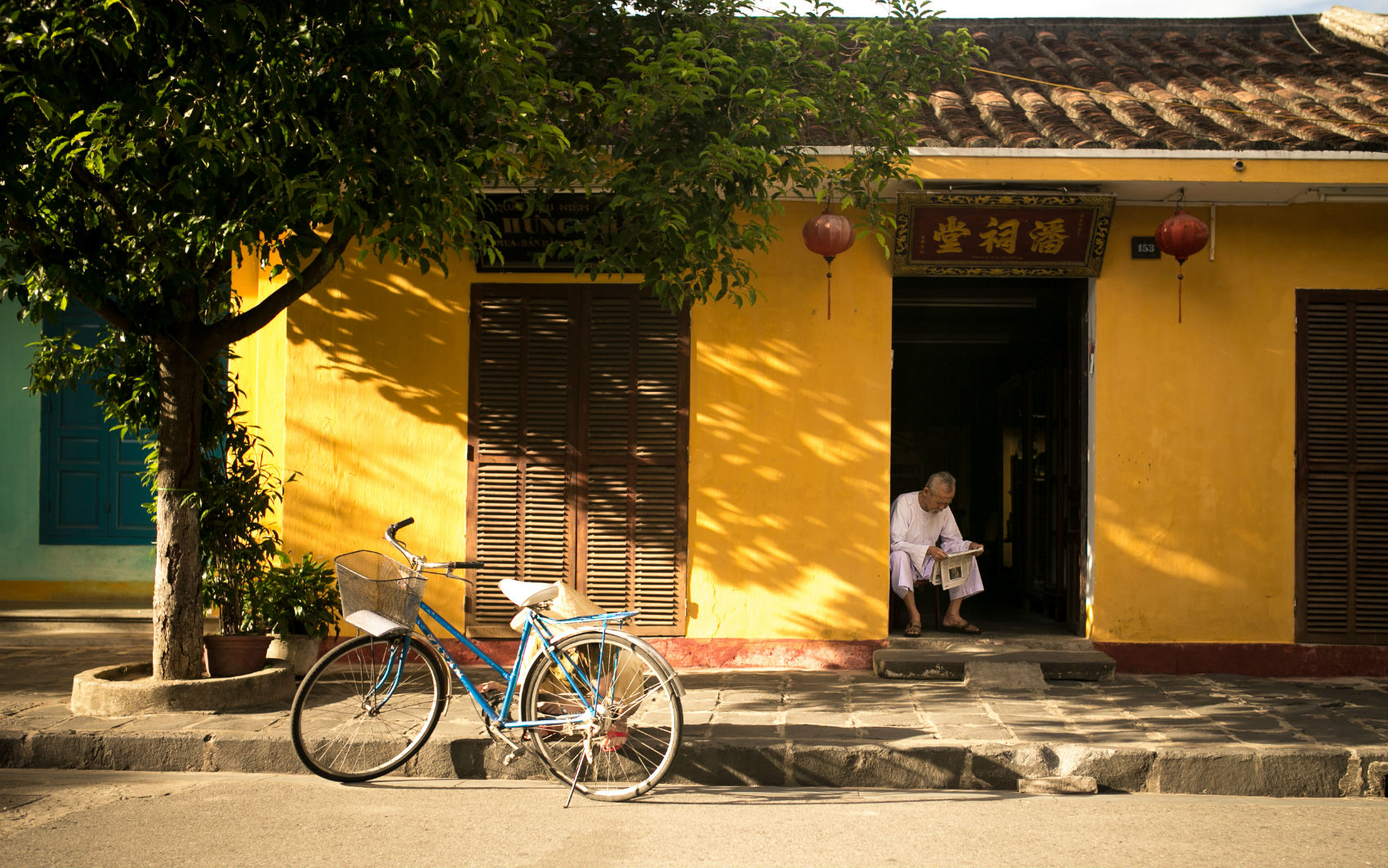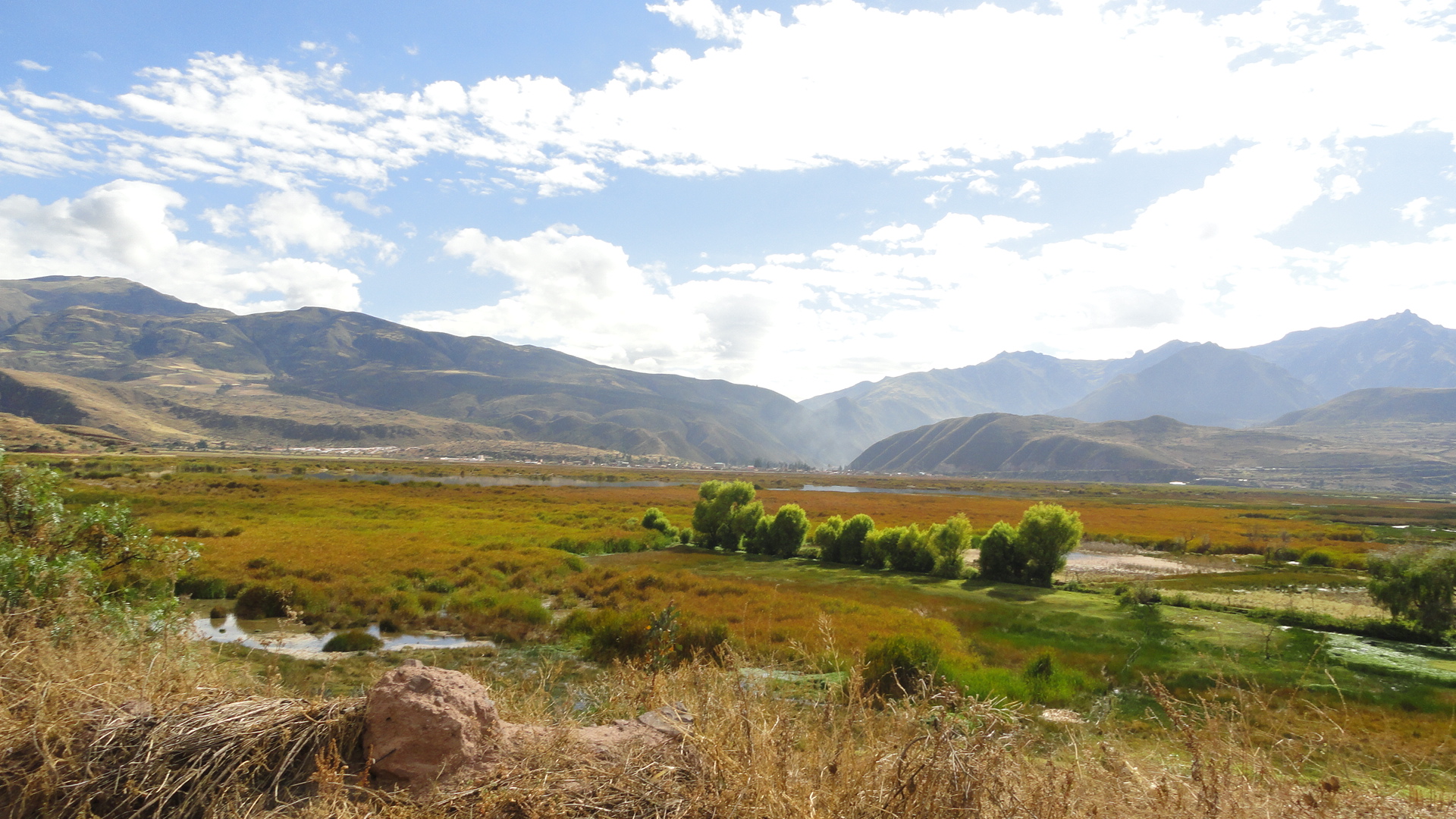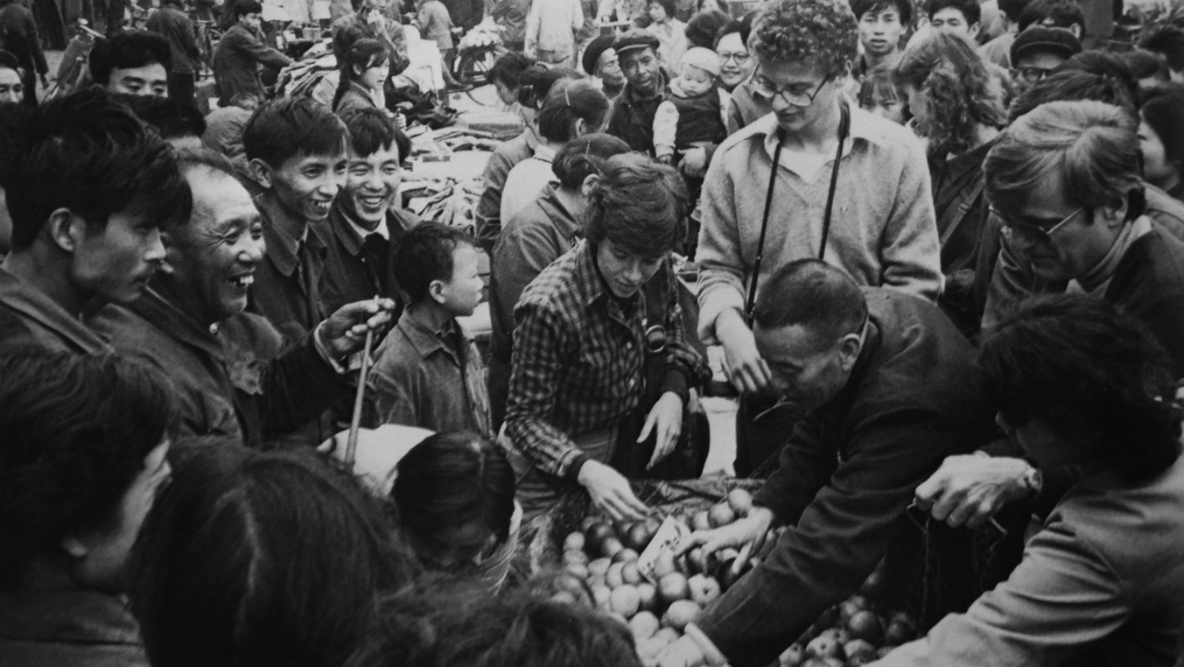Out of my two families on SST, I connected the best with my study family, but especially with my little sister Julia. She was seven and speaks just about zero English, but despite the language barrier, I connected with my little sister almost immediately.
I was her jiejie (or “big sister” in Chinese) and we quickly became the best of playmates. We would sing Disney songs together, play with dolls, and practice her English on the weekends through games. Our greatest achievement together was building a Disney lego castle, which is pretty difficult when you are working in two different languages. Julia was — and is — the light of my life.



